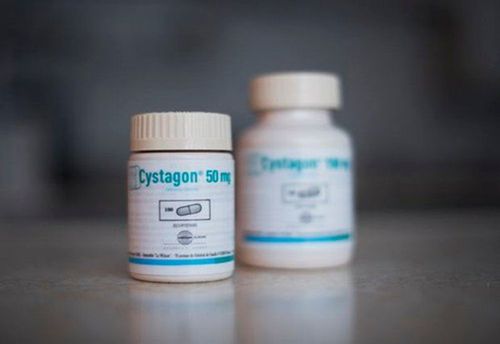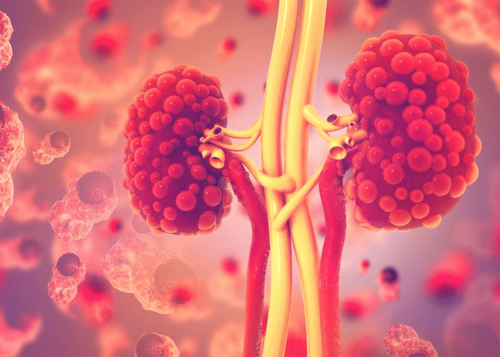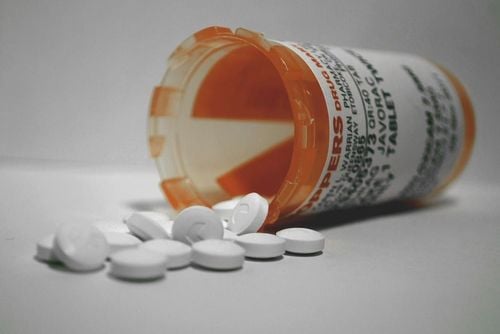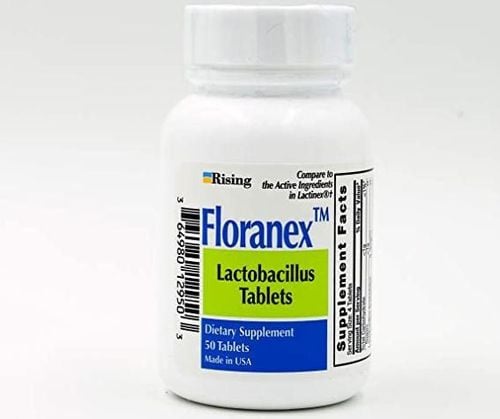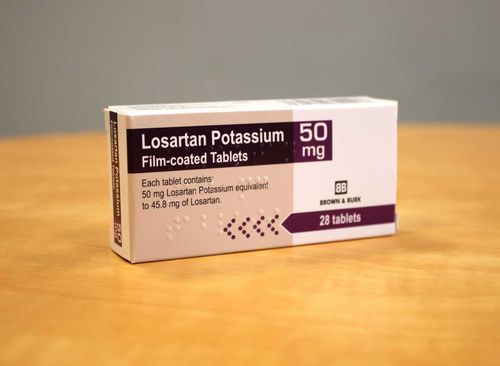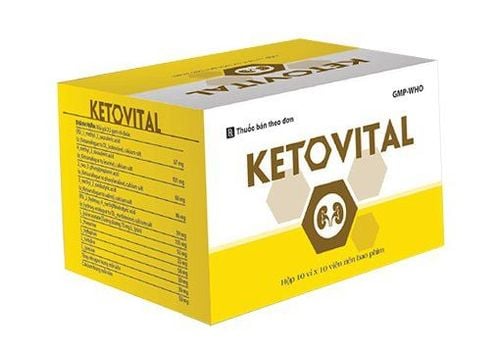This is an automatically translated article.
The article is professionally consulted by Master, Doctor Vo Thien Ngon - Department of General Surgery - Vinmec Da Nang International General Hospital
Ureteral stone is a dangerous disease in urinary stone diseases and also the most difficult to treat. If detected early and treated promptly, the disease can be completely cured.
1. Can ureteral stones recur?
Ureteral stones are easy to recur if not treated promptly, definitively will cause many dangerous complications, the kidneys may lose function irreversibly.
Prolonged ureteritis, severe inflammation and water retention give bacteria the opportunity to move upstream to the kidney, causing acute pyelonephritis. If acute pyelonephritis recurs many times, it leads to chronic inflammation. Repeated and prolonged inflammation leads to fibrosis of the renal interstitium, causing a decrease in the concentrated function of the kidney.
If early detection of ureteral stones and timely treatment measures can completely cure stones at the root. However, patients need to prevent the disease from recurring by completely treating the causes of urinary tract infections. If the stone is caused by other systemic diseases such as gout, hyperparathyroidism, tuberculosis, syphilis ... then it is necessary to thoroughly treat these diseases.
2. To prevent ureteral stones from recurring
There are 4 main types of ureteral stones: phosphate stones in alkaline urine, uric stones in acid urine, oxalic stones, and calcium stones. Ureteral stones can occur due to decreased urine flow in the kidney, due to an enlarged prostate gland, due to cysts in the kidney, due to urinary tract infections, especially inflammation caused by Proteus or Klebsiella. And for each different type of stone, it is necessary to prevent stone recurrence in different ways.Phosphorus stones To prevent precipitation of phosphate salts, it is necessary to acidify the urine, have a diet that causes urine acidification such as: using foods from animal sources (except milk) and cereals. This regimen can be for people with phosphate stones and people with urethritis with alkaline urine. Should eat meat, fish, eggs, coffee, tea, rice, noodles, pasta, avocado, amaranth, apples, strawberries..

Uric acid stones To prevent uric acid precipitation, it is necessary to alkalinize the urine in the following ways:
Use mineral water containing bicarbonate. Limit cold meat, seafood (shrimp, crab, squid, snail) Have a diet with plant foods and dairy (except cereals), vegetables (except amaranth, water spinach, jackfruit, potatoes) ). Fruit, creamed milk, bread, butter. The diet is similar to that for people with gout. Oxalic stones (calcium oxalate) Oxalic stones account for 80% of ureteral stones. Patients with oxalate urolithiasis have symptoms such as: muscle pain, joint pain, weakness, low blood pressure, abdominal distention. Since oxalic acid only precipitates in alkaline media, acidification of the urine is required. Acid oxalate precipitates as calcium salts, therefore, calcium should be limited to patients with oxalate stones and foods that are fermented in the intestines (such as cabbage) should be avoided. Foods rich in oxalic acid should be avoided such as: cocoa, tea, pepper, chocolate.
Calcium urolithiasis For calcium urolithiasis, patients should note the following:
Note in all cases of ureteral stones, to avoid recurrence, it is necessary to drink plenty of water to get 2 liters of urine per day.
If early detection of ureteral stones and timely treatment measures, the ability to cure stones completely is possible. Therefore, as soon as there are symptoms of suspicion of ureteral stones, it is necessary to go to medical facilities for examination and treatment.
Please dial HOTLINE for more information or register for an appointment HERE. Download MyVinmec app to make appointments faster and to manage your bookings easily.





